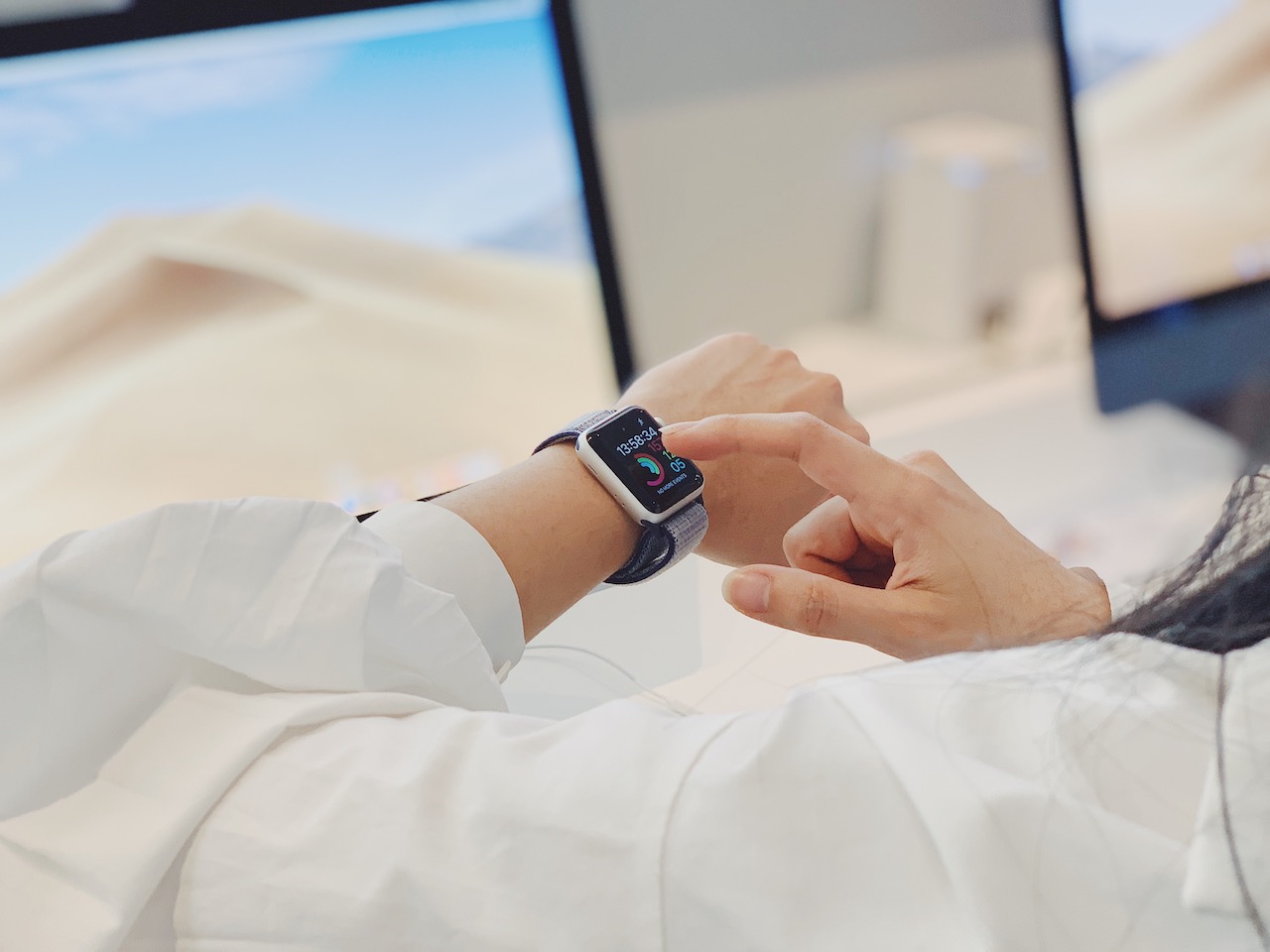The internet has become integral to our everyday lives. From personal social media to the global supply chain, the Internet of Things (IoT) has permeated various fields within the past few years. It’s no longer a concept but an evolving practical application that observes various developments by the day.
Throughout this piece, you’ll learn about the impact of IoT in different industries and what you can expect within the next few years.
What Is Internet of Things?
The Internet of Things refers to the network of various digital devices, people, and other objects through the internet. Each of them has a unique ID to identify them and possesses varying abilities to transfer data without involving human-to-human or human-to-computer interaction.
Where Does the Internet of Things Have the Greatest Impact?
In recent years, IoT has made substantial progress and impacted various industries. A few of the most significant ones include the following.
Energy Consumption
Thanks to IoT, energy management systems have allowed subscribers to observe their energy consumption in real-time. You can open an app on your smartphone and see which units draw the most power. It’s also a debunker against rumours spread about renewable energy that earlier made people sceptical about adopting such prospects for domestic and commercial use.

Wearable Technology
IoT has made technology portable without investing too many resources. You can wear a smart band that tells you the time, alerts you of phone calls, and can interact with a contactless system to allow you access to your office. Furthermore, advanced health monitoring devices for various institutions have been made more efficient.
Smart Homes
As per statistics from the UN, more than 66% of the global population shall reside within cities by 2050. That’s why it’s essential to keep our cities as green and clean as possible. In addition to managing energy efficiently, smart homes have provided practical solutions for Wi-Fi and security management without intrusive surveillance.
There are even studies about creating emergency medical services using improved health monitoring of residents.
Healthcare
Hospitals and medical facilities use IoT to create asset tracking and visitor management systems. Throughout the pandemic, contactless check-ins and QR code-based medications became mainstream in most countries.
Today, those facilities can employ state-of-the-art systems to monitor patients remotely, letting them spend time with loved ones unless they’re in a critical stage.
Automotive and Traffic
The industrial Internet of Things has progressed far enough that it can be integrated into civilian traffic systems. Utilising AI and predictive analytics, traffic lights can let emergency vehicles through most jams and avoid collisions at busy intersections. More efficient traffic management can also open the door for self-driving cars.

Smart Construction
Augmented reality helps architects share their visions and concerns with their clients more comprehensively. That allows them to allocate the necessary material and personnel for the construction. IoT has also made it more convenient to manage equipment and supplies without measurements or to check the warehouses each day.
Groceries
The Nature Conservancy estimates that farmers can reduce water and fertiliser usage by 40% if they use drones and soil sensors. Thanks to IoT, the internet has become more accessible to the rural population, allowing them the bargaining power for fairer prices for their produce from commercial buyers.
What’s Next?
The Internet of Things is slowly revolutionising our lives into a cleaner, brighter future. With enough data, we can invest in reliable technologies that we know can provide practical solutions to our problems. In fact, you can start doing that right now. Connect with Qbasis today for business process optimisation and automation solutions.



